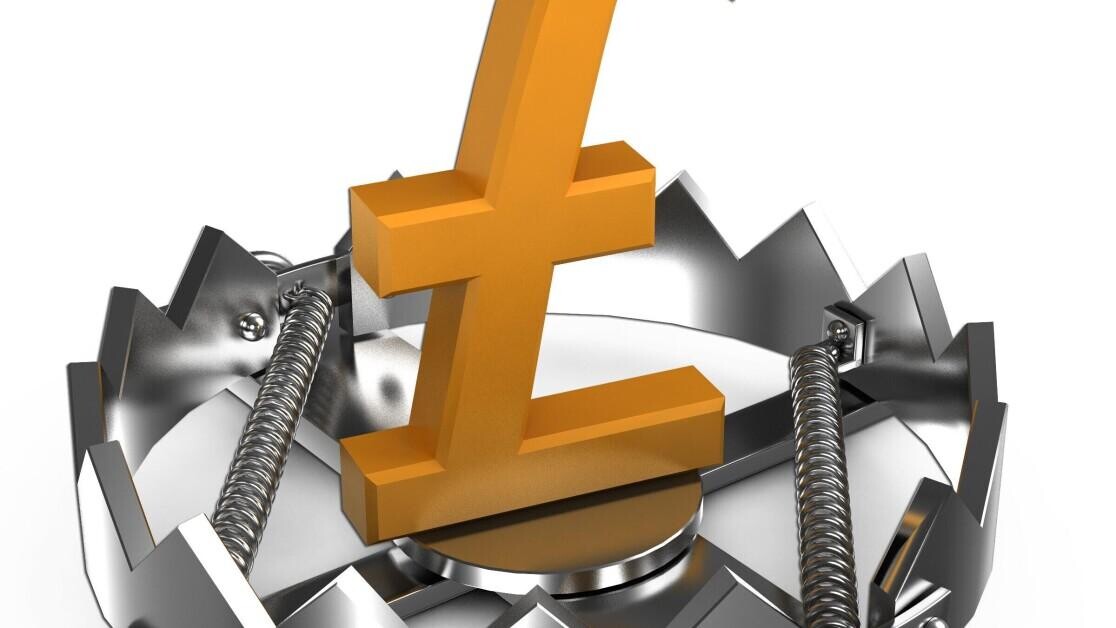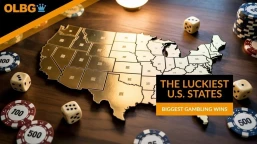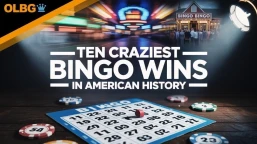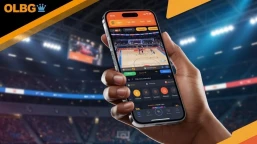
With 30+ years in racing and betting, Darren helps punters develop their skills. As OLBG’s Tipster boss and expert guide, he turns insight into winning strategy.
A friend of mine was telling me the other day about his car; it used to be a reasonably good one, but it is starting to get a bit old.
He had a choice between spending quite a substantial amount to get his current car roadworthy, or selling his car and using this money, the money he wouldn't need for repairs and a little bit more, to get a new car.

This is obviously quite a big choice for him and he seems to be leaning towards the idea of mending his existing car.
This, of course, is his choice (or perhaps his wife's!),
But one thing he said that I couldn't agree with was, “it seems a shame to get rid of the car, especially after I spent all that money getting the gear-box changed last year.”
This should have absolutely no relevance to his choice at all.
His current car has a working gearbox
His new car would also have a working gearbox
The fact he has spent money in the past to get his current car into this state is irrelevant; he doesn't get the money back for the gearbox whether he keeps or sells the car.
The decision is simple, which do I want, the old car as it will be once fixed, plus the extra money, or the new car?
These are the only things that it is logical to consider, and everything else is irrelevant.
The cost of mending the gearbox on the current car is what economists call a sunk cost, one that is incurred regardless of which decision is made.
Horse Racing Study
In 1968 two psychologists called Robert Knox and James Inkster did a study of horse racing bettors in the United States.

The bettors were approached at a racetrack and asked one question, on a scale of one to seven (seven being highest), how likely did they think their bets were to win.
All of the bettors were placing bets to a stake of $2.
The only systematic difference between the two groups, was that one group was asked the question after they had already parted with their $2, whereas the other group were asked before they parted with their money.
The results are quite intriguing
For the group that had already struck their bets, the average answer was 4.81 whereas on average the punters who still had their money in their pockets gave an answer of 3.48.
This was judged to be a significant difference, in other words, it was very unlikely to have happened by pure chance.
This study seems to suggest that there is something inside our psychology that can mean an irrelevant factor (whether or not we have placed a bet yet or not), can affect our ability to properly judge the value of that bet.
Whilst this study was important to psychologists in the late 1960s, there is an argument that in those days it was of limited use to its subjects.
In 1968 bookmakers layed horses, punters backed them and it was as simple as that.
The New Horse Racing Landscape
Nowadays, with the help of betting exchanges, anyone can be a bookmaker.
This for me brings a whole new relevance to the results of the experiment.
Nowadays when I strike a bet online this isn't the end, I have a multitude of choice.
Three choices that can possible are as follows:
- Simply let the horse run and see whether I am successful or not
- Lay the same bet at a greater stake and guarantee a return that is greater than zero, but less than the return I would get if I wait until it is settled and my bet wins
- Lay the bet at a lower stake and guarantee that whilst I will make a loss I won't lose my entire stake

So there are essentially two extra options to the single one that a bettor in the late 1960s would have had
This sounds like a great step forwards, we now have more choice and the opportunity to change our minds, surely this must be better.
The problem is though, that just because we now have these cards in our hand, it doesn't mean that we will choose to play them at the right times.
The experiment above tells us that if we have already bet on an outcome, then our valuation of this bet tends to go up.
If we assume that the fact a punter has backed a horse does not have a causal effect on the outcome of the race, then we must conclude that of the two different opinions on the value of the bet, it is the one we have before we bet that is the more realistic.
This is likely to mean that the most common choice we take even when we have the three options, is the one that was the default before we had the choice, to simply wait and see.
Of course, sometimes it turns out to be very advantageous to cash out, but this quirk in our psychology means that we are less likely to do it, so how do we profit from our newfound choices?
Well to be honest I myself am a victim of the missed cash-out opportunity, so I can't claim to have the definitive answer.
Perhaps a good a start might be to think of prices at which we would cash out cash out before we place a bet, write them down, and then once we have morphed our opinions of the race (by betting), do the most difficult part - stick to them!
For more information on this subject please visit the betting school article - Become an Expert in Value Betting and Improve Your Profit Prospects.



